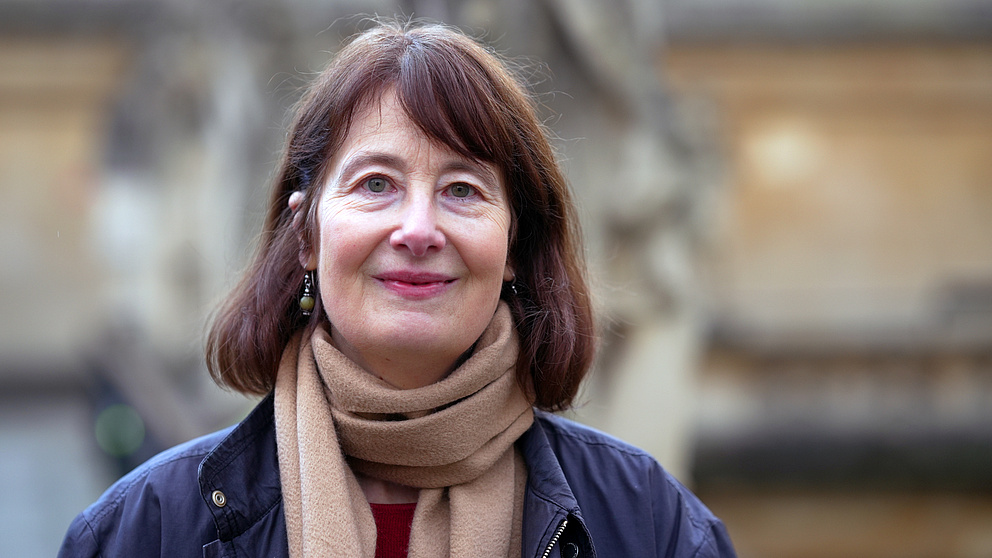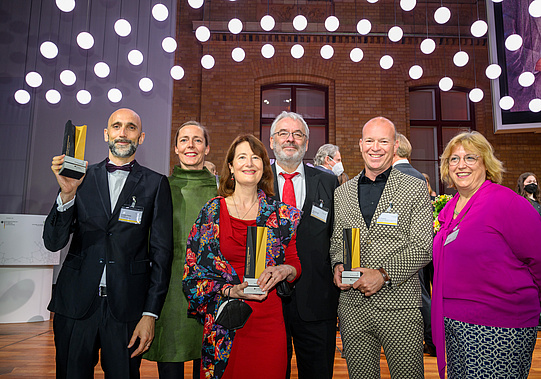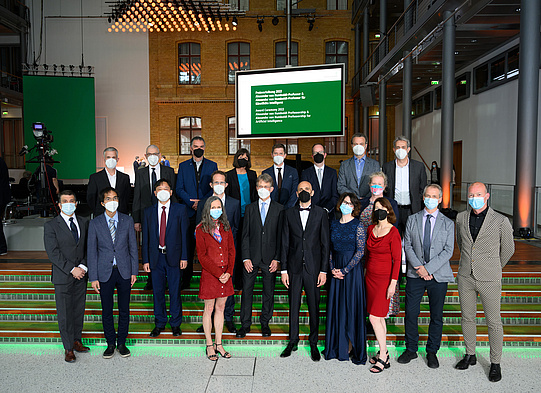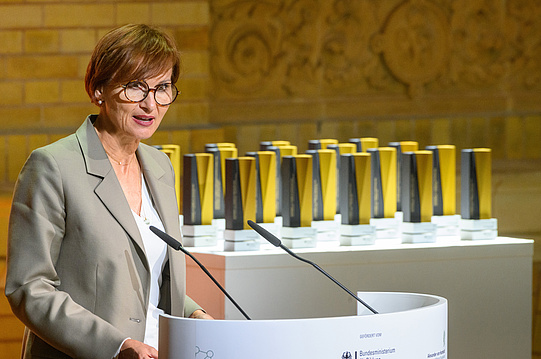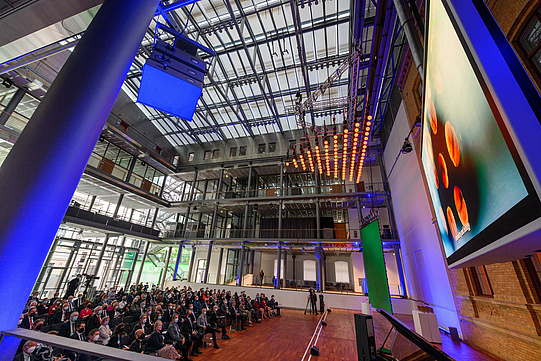Jump to the content
- {{#headlines}}
- {{title}} {{/headlines}}

Contact
Press, Communications and Marketing
Tel.: +49 228 833-144
Fax: +49 228 833-441
presse[at]avh.de
Environmental humanities
Climate change, environmental disasters and ecological crises are primarily topics for the natural sciences. During the last few decades, however, various sub-disciplines in the humanities and social sciences have been addressing environment-related issues in the humanities – the environmental humanities. In a transdisciplinary context, they discuss the literary, anthropological, historical and cultural aspects of the relationship between humans and the environment.
Kate Rigby has played a seminal role in institutionalising environmental humanities. Her research interests range from German studies and comparative literature via European philosophy, literature and religion to culture and ecology. She considers, for example, the historical parallels between the social upheaval of our own times and that at the end of the 18th century which triggered a re-evaluation of traditional notions of nature in much the same way as climate change is doing now. She is particularly interested in the literature of Romanticism which she also views from a feminist and post-colonial perspective.
The newly established centre for Multidisciplinary Environmental Studies in the Humanities in Cologne seeks to create multidisciplinary connections within the humanities by being integrated in the departments of English and Ethnology as well as the Global South Studies Center and the Center for Australian Studies. An additional aim is to cooperate with the social sciences, natural sciences and climate-related research. In the long term, the University of Cologne wants to establish itself as an international player in interdisciplinary global environmental research.
Brief bio
Professor Dr Kate Rigby was born in Australia. She has been a Professor of Environmental Humanities at Bath Spa University, United Kingdom, since 2016 and is head of the Research Centre for Environmental Humanities located there. She read German and comparative literature in Melbourne and Freiburg, completing her doctorate in 1991 at Monash University, Australia, where she subsequently worked in the fields of Religious Studies, German Studies, Comparative Literature und Cultural Studies. In 2013, she became Australia’s first professor of environmental studies. She is a founding member of several environmental humanities institutions and on the editorial boards of the relevant specialist journals.

